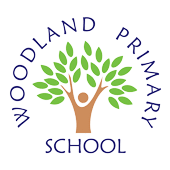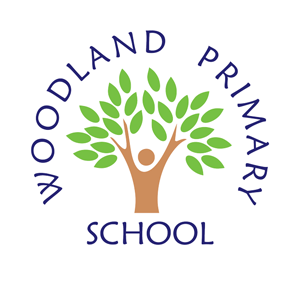Our Curriculum – an overview
Working closely and in partnership with parents and the community, at Woodland, we strive to provide a safe, caring and inspiring environment where children are supported, challenged and encouraged to be the best they can be.
Our knowledge and understanding of our children and the community in which they live has helped tailor what we believe is an exciting, innovative and creative curriculum which meets the needs of our learners and which also has an uncompromising focus on the development and application of reading, writing and mathematics skills.
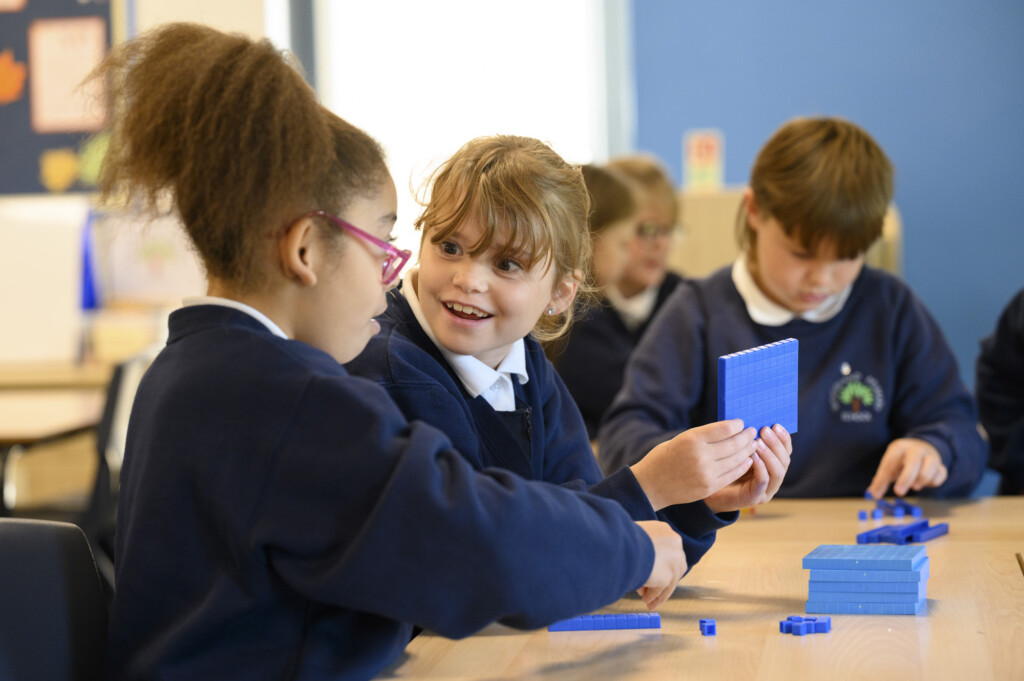
At Woodland, we are a restorative school and encourage our children to make the right choices and take responsibility for their actions. We know Restorative Practice plays a key role in developing both a sense of community and individual responsibility. Therefore, the foundations of the curriculum at Woodland are built on securing our children’s physical, social and emotional well-being.
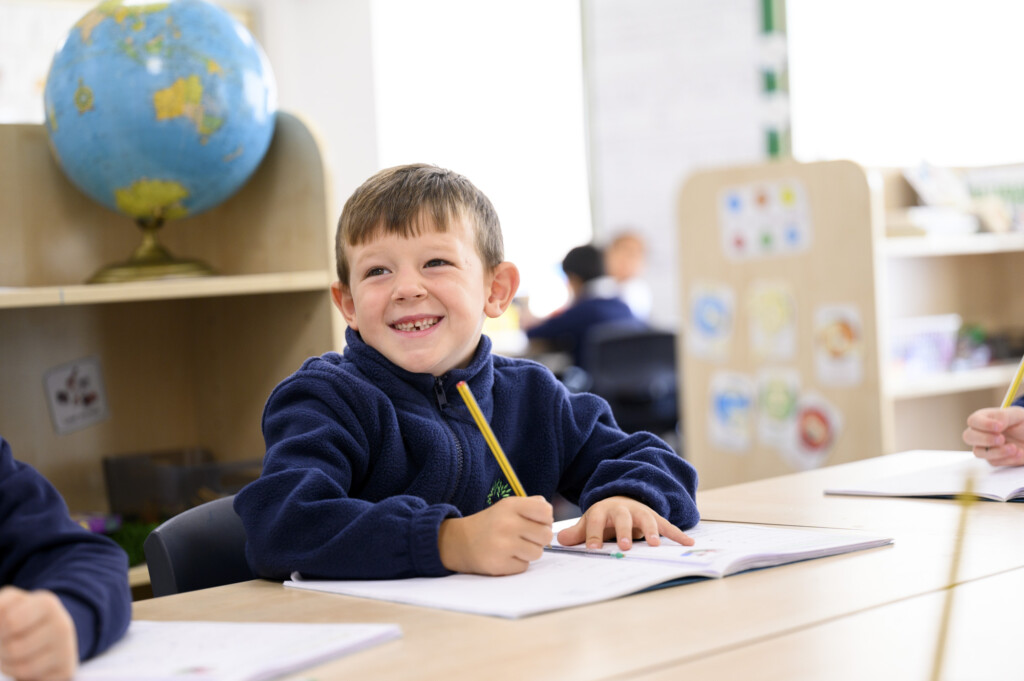
We believe that our curriculum plays a major role in developing our children’s love and thirst for learning; we want them to want to come to school and enjoy being here. Our academic curriculum has a strong focus on children building firm foundations in reading, writing and maths as well as a brand and balanced education in the full range of subjects of the National Curriculum – that is Science, History, Geography, Art, Design Technology, PE, Music, Computing, RE, PSHE and Latin.
Mutual respect and tolerance towards others are at the heart of our personal development curriculum. We ensure our children understand the difference between right and wrong and the consequences that their actions can have. We aim to develop well-mannered, rounded children who are respectful towards others and value theirs and other’s achievements and opinions. We believe that by the time our children leave us, they are well prepared for their secondary school years and ultimately adult life in modern Britain.
If you want to find out more about our curriculum please contact the school for further information.
An overview of learning for each year group can be found below:
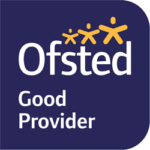
Leadership and Ambition: School leaders are noted for their ambition and effective work in improving the school. Their efforts have resulted in a good quality of education for the pupils.

Positive Environment: The school’s environment fosters respect and support among pupils and staff. Pupils are encouraged to develop good manners and social skills, contributing to a positive school culture.

Safeguarding: The school has effective safeguarding measures in place. Staff are well-informed and confident in identifying and addressing potential risks to pupils. Pupils are knowledgeable about staying safe, particularly online.

Overall Effectiveness: The school was rated ‘Good’ in all categories, including quality of education, behaviour and attitudes, personal development, leadership and management, and early years provision.

Behaviour and Attitudes: Pupils exhibit respectful relationships with adults and move around the school sensibly. They are confident in seeking help from staff if needed, and bullying is rare. Pupils listen attentively to teachers and engage in class discussions.

Personal Development: Pupils are encouraged to be independent from an early age and take care in presenting their work. They enjoy participating in various clubs and activities, including sporting competitions and educational visits.

Quality of Education: Pupils receive strong support in learning to read quickly and achieving well. The curriculum is well-planned and effective, particularly in the early years and mathematics. Teachers and teaching assistants are well-trained and provide clear explanations and encouragement.

Support for SEND: Pupils with special educational needs and/or disabilities (SEND) are quickly identified and well-supported, achieving good outcomes as a result.
